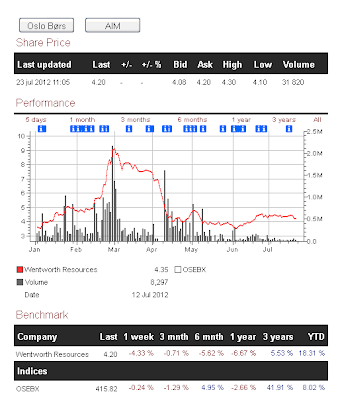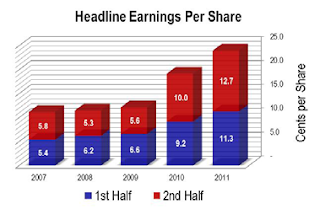GDP stands for gross domestic product.
It places a value on all the
goods and services created within a country’s borders in a particular period.
The GDP tells us how an economy is doing – whether it’s growing or not. It’s
probably the most important economic indicator in the world. It’s measured
every quarter.
You can compare how the economy fared from quarter to quarter,
or you can look at how the GDP value compares to the same period in the
previous year. (This is the one we really care about.)
If the GDP value is bigger,
it means the economy grew. If not, the economy shrank. If the GDP growth rate
decreased for two successive quarters, the economy is thought to be in
recession.
The GDP measurement was invented in 1937. The US government
commissioned economist Simon Kuznets to devise a single number that reflected
the state of the economy. The government, trying to help the economy out of the
Great Depression, was getting increasingly frustrated that it had to base
policies on sketchy data.
The formula is quite simple. First private
consumption is measured – that means
everything we’re buying – for example, cars, property, doctor’s services and
food. Information is collected from thousands of shops, manufacturers, service providers
and other companies.
Then all the gross investments are measured. This includes all the money that foreign companies
invest in South Africa.
Next: Government spending, everything from infrastructure
to salaries. Then all the imports are deducted from exports. This is very
important. Imported goods are not manufactured in a country and can’t be
considered as being part of the GDP.
This “balance of trade” numbers are an
important indicator about what’s going on in the economy.
Why is the GDP important to investors? First, a weak
economy means companies probably won’t deliver fat profits. This means the
companies won’t grow by much and therefore their share prices should also languish.
The GDP is also a key indicator of where interest rates may be heading. While the
SA monetary authorities officially focus on keeping inflation manageable, a weak
GDP number may help to convince them to cut interest rates to support the economy.
Source: Finweek 2 August 2012 Page 35






